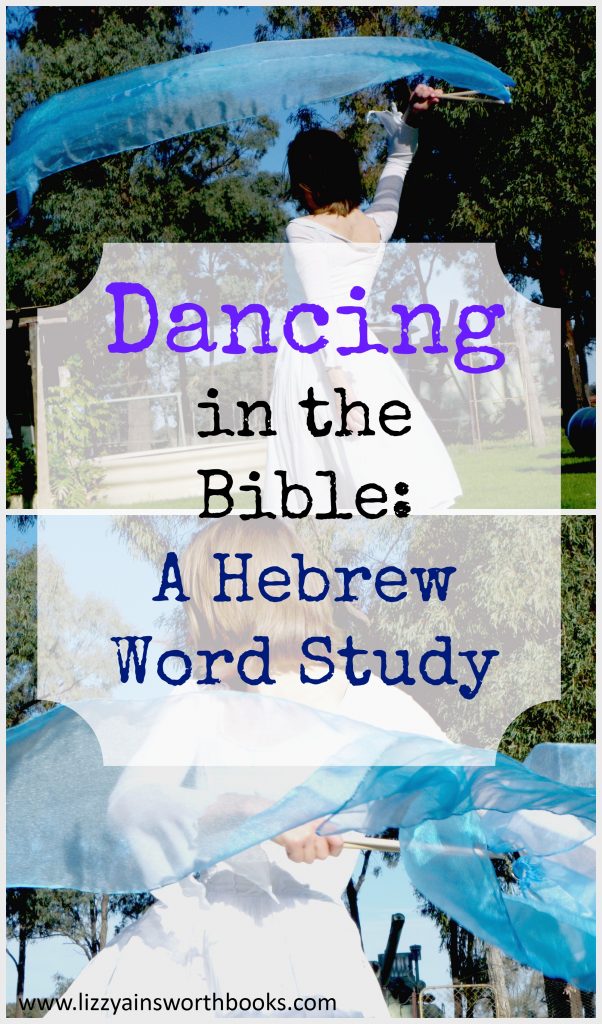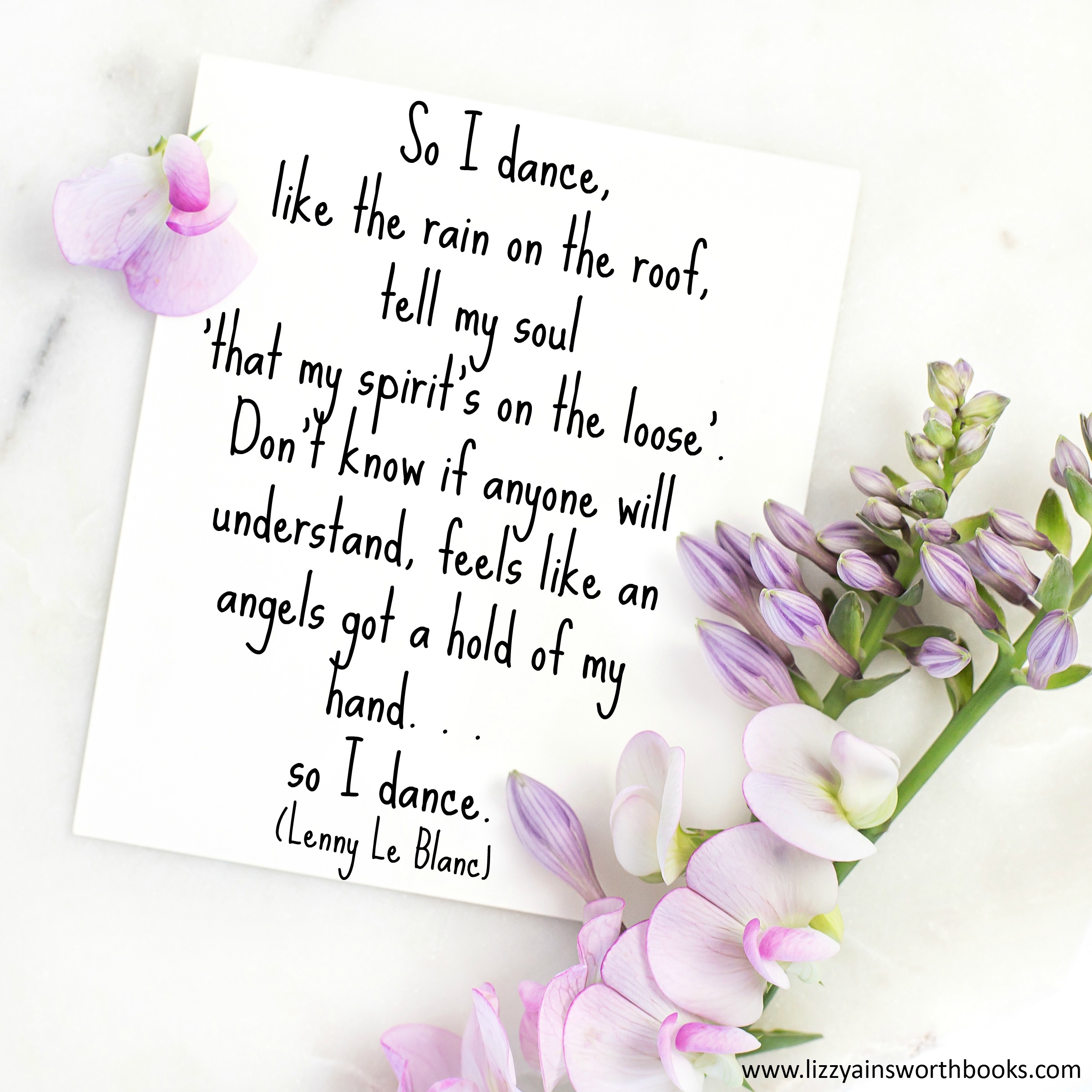Dancing in the church and dancing in the Bible are two topics that can get confusingly entwined, and it can be hard to separate what our traditions and culture have told us about dance and what the Bible says about dance. Perhaps a new perspective on dance and how God sees it can be gained once we dig into some old Hebrew roots.

Recently in our church congregation, several of the Hebrew words for praise have been studied and fresh perspective on dance has been gained. In fact some of these words put a whole new perspective on what is ‘appropriate’ behaviour to God and in response to His presence and blessing on our life.
The Psalms are full of chapters giving praise to God, but perhaps the translation is a little more exuberant than what we have previously thought. Let’s take Psalm 145:2-3 from the NIV
“Every day I will praise You and extol your name for ever and ever. Great is the Lord and most worthy of praise; his greatness no one can fathom.”
Perhaps our upbringing would encourage us to thank God with a prayer or hymn, or even an expression of poetry or dance, however the word praise here is the Hebrew word Halal, and its expression and definition goes well beyond any of the fore-mentioned responses. Cross references:
- Psalm 145:2 : S Ps 71:6
- Psalm 145:2 : Ps 34:1; Isa 25:1; 26:8
- Psalm 145:3 : S Ps 95:3
- Psalm 145:3 : S 2Sa 22:4; Ps 96:4
- Psalm 145:3 : S Job 5:9
HALAL means to boast (about God, and He boasts about us,) to clamour about foolishly, to rave, to radiate, to shine, to act madly, to come unglued for a time.
Alright, that’s a little unexpected, let’s try another one. Imagine you’re having a baby like Tamar in Genesis 29:35, and for me this is quite relevant as I’m only days away from my due date. “When she gave birth to a son she said, “This time I will praise the Lord.” So she named him Judah.”
So perhaps when I’ve had my baby, I’ll be thanking the Lord that it’s over and for the new life, but I’m not sure if I will quite live up to the definition of Yadah, the word that is used in this passage, meaning to extend the hand, to lift the hands in praise and to shoot out the hands and thank.

In Psalm 63:1-5, David is in trouble and seeking God, and the word used here for praise is SHABACH, which means to shout. Notice He is not shouting to God in frustration but shouting God’s praise. “You, God, are my God, earnestly I seek you; I thirst for you, my whole being longs for you, in a dry and parched land where there is no water. 2 I have seen you in the sanctuary and beheld your power and your glory. 3 Because your love is better than life, my lips will glorify you. 4 I will praise you as long as I live, and in your name I will lift up my hands. 5 I will be fully satisfied as with the richest of foods; with singing lips my mouth will praise you.”
Once we start to dig into what some of these praise words actually means, it sheds a whole new light onto the topic of dance and worship in the House of God, and begs for us to study what words truly mean before we become exasperated with an exuberant display of praise to God that forces us out of our comfort zone.
For more information about dance in the Bible, please read my articles on
Banners in the Bible – Banners in the Church
Is it Ok to Let My Daughter Dance

I enjoyed this post. The church needs more of this teaching to show the many ways to praise God!
Thank you for the beautiful poetry… gripped my heart.. My spirit’s let loose